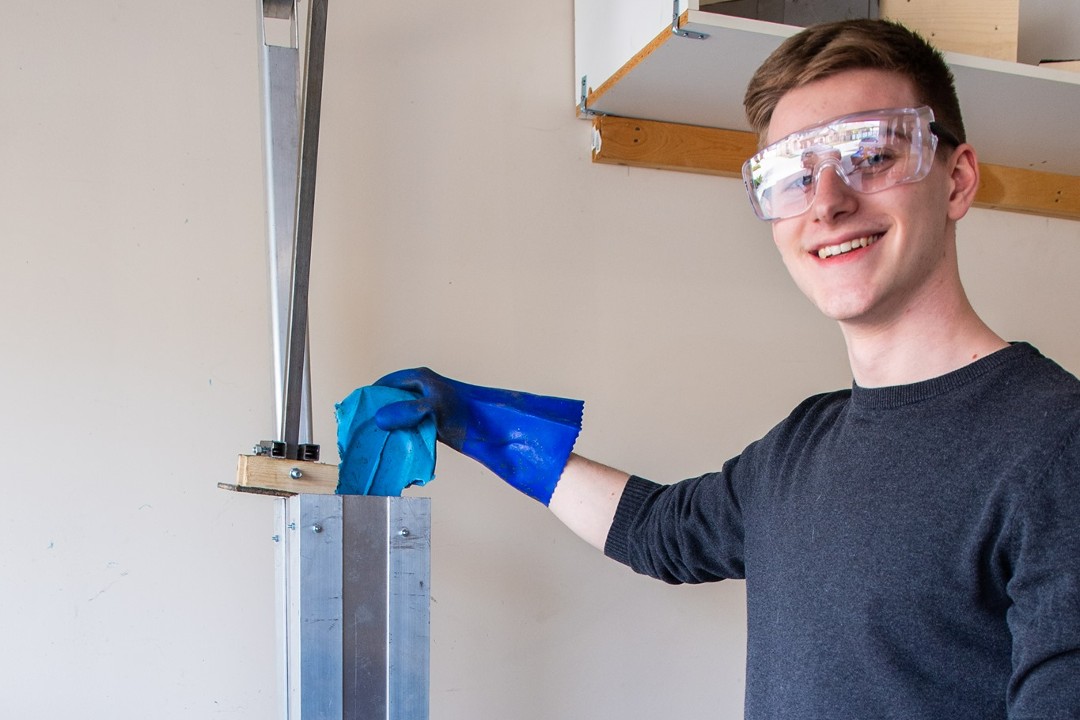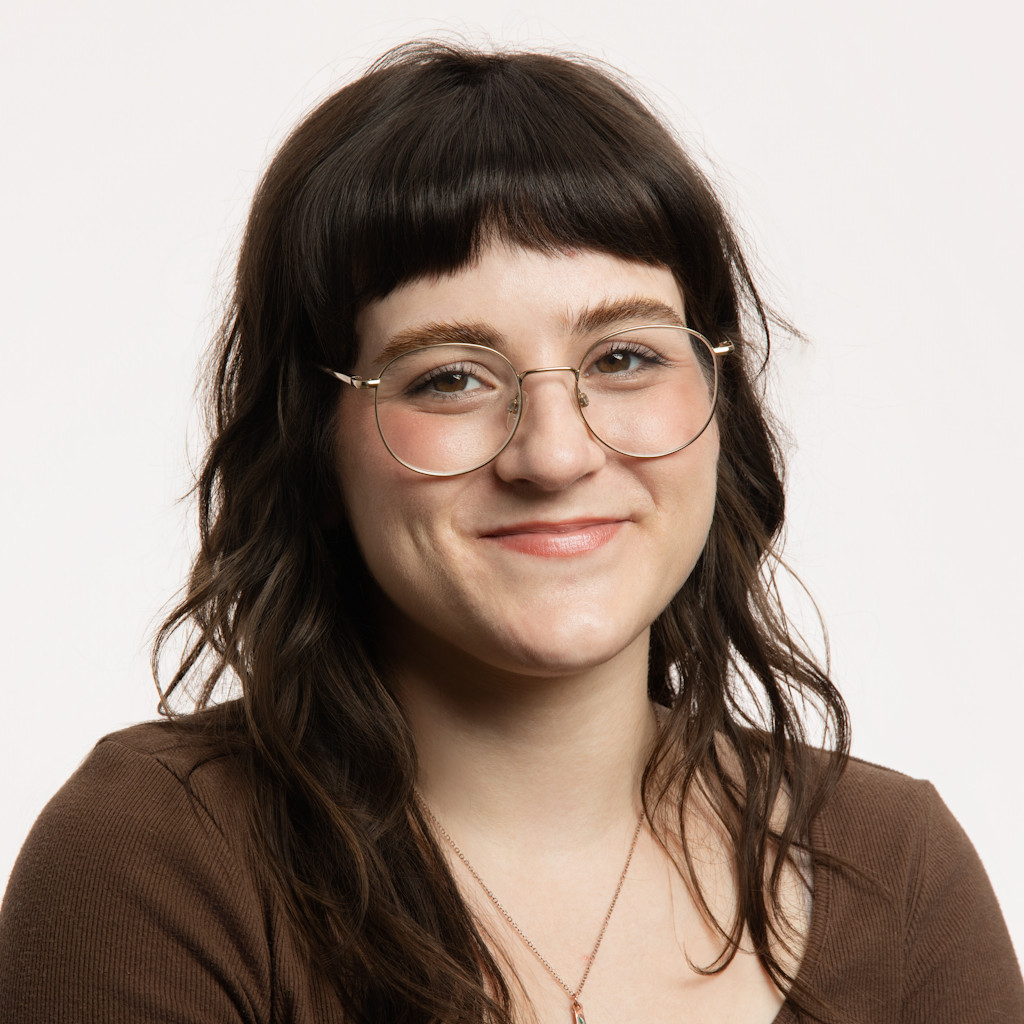
Student with two startups among winners at ASTech Awards
A University of Alberta student who has co-founded two startups — one that decentralizes plastics recycling and another that uses AI to better understand the shape of wounds — was among the recipients of this year's ASTech Awards.
"By seeing the ASTech committee say, 'We see what you're doing, we appreciate what you're doing, and we also believe that what you're doing will make a positive impact,' that's invaluable to me," said Connor Povoledo, who was named the student changemaker of the year at the 34th annual awards, which were presented in Calgary on Nov. 3.
One of Povoledo's companies is Level 7 Plastics, which is working to help institutions take care of their own plastic waste. Many products are too small to recycle or are made up of a mix of different materials that make identifying the type of plastic and sorting it for recycling nearly impossible, Povoledo said.
"If it's hard to sort things, and if it's hard to process things smaller than a fist, maybe what we can do is build out an open-source recycling infrastructure that institutions or small businesses can implement in-house to take care of their own plastic waste," he said.
One of Level 7's clients is Future Fields, which uses Level 7 to recycle pipette containers.
"They know that it's polypropylene or high-density polyethylene, they can tell us that upfront, and it's relatively clean, but it's just small, so it won't be recycled generally," Povoledo said. "We can sort of skip the sorting process."
The University Hospital is a great candidate for this approach, Povoledo said, because it goes through so much small plastic waste.
"The University Hospital generally knows what these materials are, because they're heavily regulated, but they're too small," he said. "Imagine you just set up one of these decentralized recycling plants and grab two students to run them. At that point, you could actually get a pretty effective decentralized manufacturing plant that might be able to offset the entire plastic output of the University Hospital annually."
Povoledo's other company is Wound3, an app that creates three-dimensional images of chronic wounds to improve treatment.
"We wrote some pretty clever software, trained some rather sophisticated visual AI models to essentially take the information that can be captured by just a smartphone camera and transpose that into 3D space," he said.


